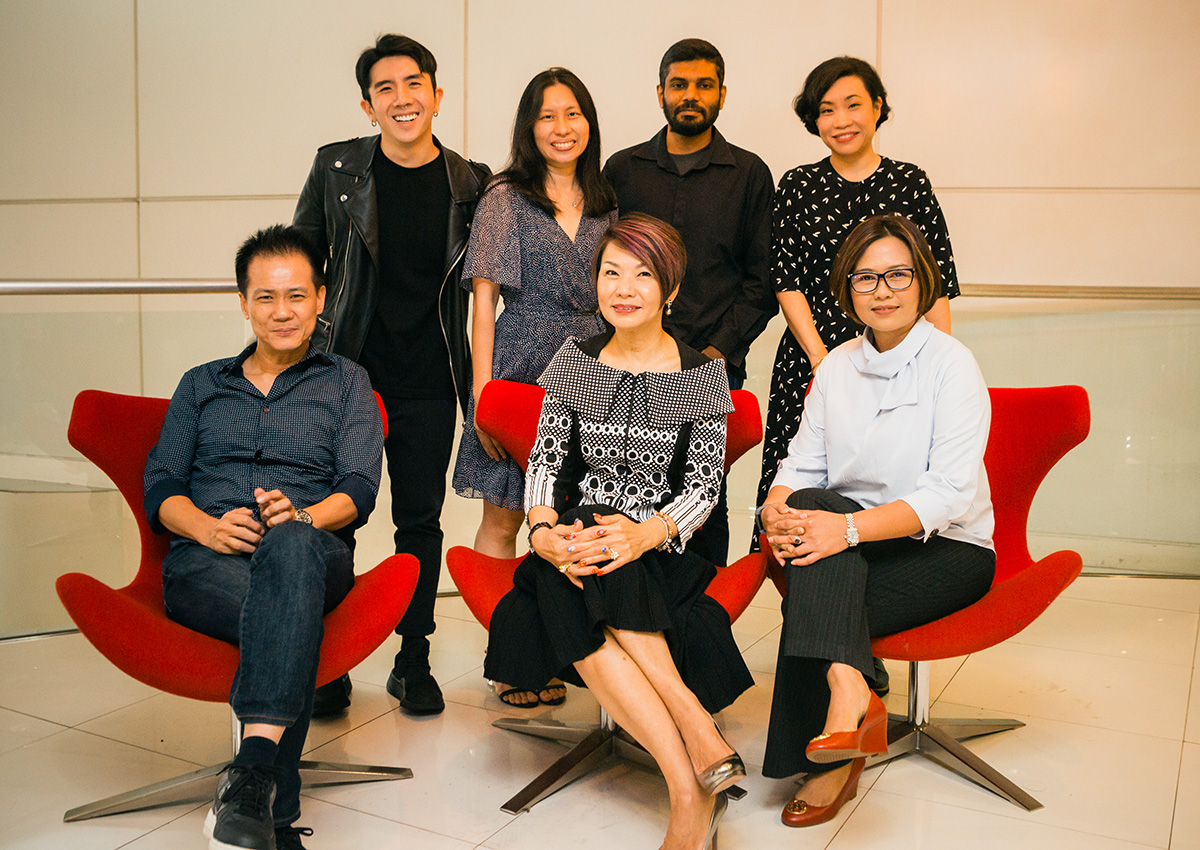 PUBLISHED ONJanuary 30, 2019 2:00 AMByTan Thiam Peng
PUBLISHED ONJanuary 30, 2019 2:00 AMByTan Thiam PengWhen Martin Hong's father enlisted in the 1970s, he had a slight problem.
Boasting a Higher School Certificate, the equivalent of A-level in those days, he was supposed to be conscripted with peers of a similar educational background.
But he encountered some delays and ended up joining a Hokkien-speaking platoon.
It was an era when a single Singaporean identity was still some distance away and National Service (NS) could mean the man beside you did not speak your language.
"He was probably the most educated," the younger Hong said. "So straight off the bat, he was the odd one out."
When NS was put into law in 1967, communities in Singapore still hung out among their own race and even dialect group.
Joining the country's budding defence force was - and still is - the surefire and quickest way to mingle with people of other backgrounds.
It goes without saying that Hong's father had a rough start.
But everything changed one night.
"They were woken up. Kena tekan," Hong recalled the story. "That was the night they realised it's a team thing. You don't just fight for yourself. Anyone's failings or mistakes would affect the entire team. That forced them to look out for each other."
The realisation that Singapore had to be protected by Singaporeans of all types inspired Hong's short film about the Merdeka Generation, of which his parents are part of.
The Merdeka Generation, first coined by Prime Minister Lee Hsien Loong during the last National Day Rally, refers to Singaporeans born in the 1950s who grew up amidst the uncertainty of the country's formative years and built on the work of the Pioneer Generation.
Hong's film The Soldier is part of The Merdeka Stories anthology by the Ministry of Communication and Information (MCI) that screened at a media preview today.
In collaboration with mm2 Entertainment, the three other shorts were directed by Wee Li Lin, Don Aravind and Ang Geck Geck, and written by playwright Jean Tay, who was the 2018 National Day Parade scriptwriter.
The Soldier features a pre-enlistee regaled by tales of NS by his grandfather and Hong could relate to him, in the same way the self-proclaimed millennial hopes other young Singaporeans would relate to the films.
"That gave me a very personal insight into the experience," the filmmaker said. "Knowing it's your dad, obviously it's a different layer. You can read about someone but when you find out it's the person who raised you, who lives in the same house, it changes your perspective."
Apart from defence, the Merdeka Stories also explore the themes of economy, family and community.
Wee, who directed National Day music video We Are Singapore, helmed The Factory Girl, inspired by the scores of women from the Merdeka Generation who went to work in factories during the country's drive to industrialise.
Like the character in the film, many gave up the chance at higher education to support their families from an early age, often because sons were prioritised.

These women also filled jobs from the service sector to the shipping and port industries.
The director met a friend's relative who had to quit secondary school to work, so that her siblings could continue school.
"It must be such a tough thing especially if you love school and excel at it," Wee said.
Her own mother gave up a scholarship so that her only brother could pursue his medical degree overseas.
"You find there are women who had to give up in lieu of men in different ways," she added. "What I like so much about The Factory Girl is that although she had to sacrifice as the eldest child, she found her place, she made friends and she asserted herself even though she struggled."
Ang, who made The Mother, added in an email that a relative of hers was a factory girl. She had to drop out of school to enter the workforce.
Her short focuses on home businesses of the early years, which were common in supplementing a household's income.
When asked on the differences between the Merdeka Generation and today's generation, she admitted that "we have the freedom to do what we want to do", something Hong echoed.
The final film is The Kampong by Aravind, a frequent director for local television series Tanglin. It portrays a community coming together to help a man win over his girlfriend's father.
"The main idea was to relive the kampung spirit. Now there still is a kampung spirit but it takes a very different form," Aravind said.
"How everyone gathered to watch TV in one household.
"It was very communal. You could just go into anyone's house. There were no locks."
Tay's wish for the anthology is simple.
"If this can be an opportunity for you to speak to your older relatives and make those connections, it will be fun to enjoy that as families and as communities."
Like most of the filmmakers, MCI's senior director of public communications Karen Tan associates the Merdeka Generation with resilience and tenacity.
"These four films are really a reflection of this whole Singaporean identity and the hope that each one holds as we approach the years to come."
The Merdeka Stories will be released in cinemas, online and on free-to-air television tomorrow (Jan 31).

For more original AsiaOne articles, visit here.

